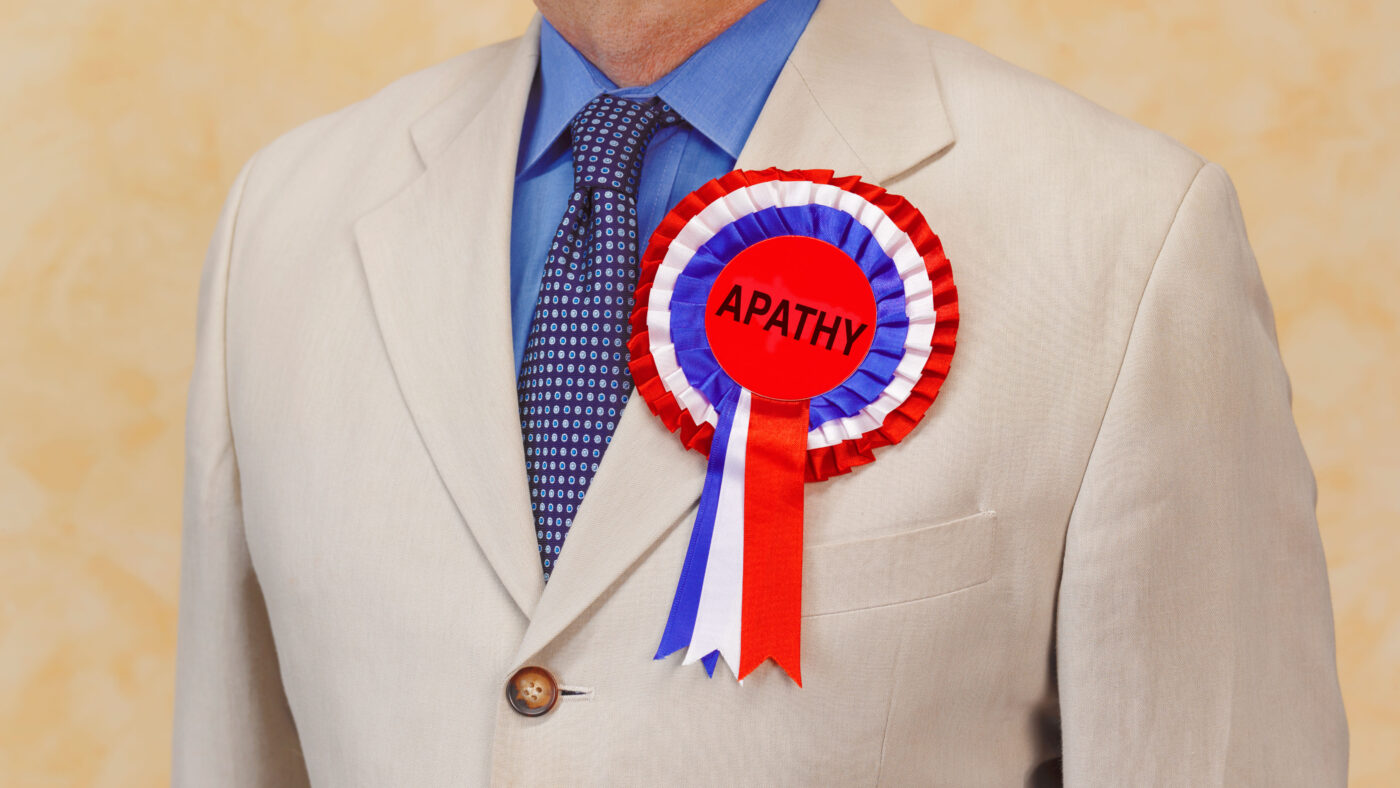Council elections for most of England are fast approaching, but even the most ardent enthusiast for local democracy would struggle to claim the contests have prompted much excitement. Only about one in three voters even bothers to take part, which tells its own story about the state of local government.
For some voters, they may not be sure who to blame for poor services. A district council may be responsible for some, a county council for others. On a positive note, the shift towards unitary authorities has strengthened accountability. Indeed, Cumberland, North Yorkshire, Somerset and Westmorland & Furness councils all came into being this month. Last year we saw unitary status for Northamptonshire, the year before for Buckinghamshire.
But the deeper problem is that too often the party you vote for makes little difference. Council Tax bills have typically increased this year by the maximum allowed without seeking approval in a referendum. The Conservatives boast of keeping council tax £80 lower than Labour-run councils and £21 lower than those run by the Lib Dems, but the average Council Tax bill in England this year is £1,966 for a Band D household. It’s pretty extortionate whoever you vote for.
Nor does it feel as though councils are running a particularly tight ship. Last week the Taxpayers Alliance published their annual Town Hall Rich List. It revealed that 2,759 council bosses received more than £100,000 last year. The true figure will be higher still, as several councils failed to provide the information, despite it being a transparency requirement to do so. Hampshire Council is top of the table, with 33 officials on over £100,000.
The problem is not high pay per se, but that these salaries are often a reward for failure. Croydon council, for instance, is drowning in debt but still managed to pay a salary of £614,000 to its former chief executive, Jo Negrini. This year the council hasn’t even released the information on the remuneration of its senior staff.
Now, if paying a chief executive a six-figure salary meant someone with the determination and ability to cut millions of wasteful spending, that would clearly be better value than paying someone a five-figure salary who was not capable of meeting that challenge. The problem is that we have these council leaders preside over bureaucratic empires while pushing up Council Tax bills higher every year.
Pay is hardly the only issue. Councils are also holding on to assets that could be sold and put to good use for new homes and businesses, while also helping to pay down debt. Typically a big chunk of your Council Tax bill goes on interest payments rather than providing services.
Another big spending item is looking after children stuck in the care system. Lifting barriers to adoption would provide much better outcomes for many of them as well as reducing costs. Some are in children’s homes despite being in mainstream schooling – a strong indicator that adoption, or at least placement with foster carers would be viable. Yet the annual cost of institutional care is huge. The annual bill for each in a children’s home is often more than £200,000 – even more than the cost of a Council chief executive.
Another perennial issue for councils, and seemingly the Prime Minister, is filling in potholes. The striking thing here is that while most of the cost of potholes falls on motorists, the cost of repairs comes out of the Council’s budget. According to the Annual Local Authority Road Maintenance survey, councils spent £94m filling potholes last year. An estimate from Kwikfit, meanwhile, puts the cost of repairs to motorists at £1.25bn a year. Sometimes councils get sued for the cost of car repairs but it is unusual for compensation to be paid. Usually, motorists don’t even attempt to recover the costs.
Councils may plead poverty, but many are also not using all the means at their disposal. For example, only a few are using a new machine called the PotholePro, which can fill potholes very effectively in just eight minutes – four times faster than existing methods, and at half the cost.
Another example of where councils shunt costs from themselves to others is social care. An occupied NHS bed costs the taxpayer around £700 a day, whereas the cost for residential social care is around £700 a week. Of course, we should not have people stuck in NHS beds simply because social care places are unavailable. But local authorities save money by leaving them stuck in hospital.
I hope CapX readers in the relevant council areas will both vote in the local elections and ask candidates challenging questions. But I do think the system needs to be changed to have properly functioning local government. The referendum provision to challenge high Council Tax bills should be strengthened. Central government funding arrangements should also tackle the perverse incentives I’ve outlined here. And above all council bosses should not be ignoring persistent problems while looking forward to retirement on their gold-plated pensions. At the moment local government feels like a one-way bet, one where local people always end up on the losing side.
Click here to subscribe to our daily briefing – the best pieces from CapX and across the web.
CapX depends on the generosity of its readers. If you value what we do, please consider making a donation.


